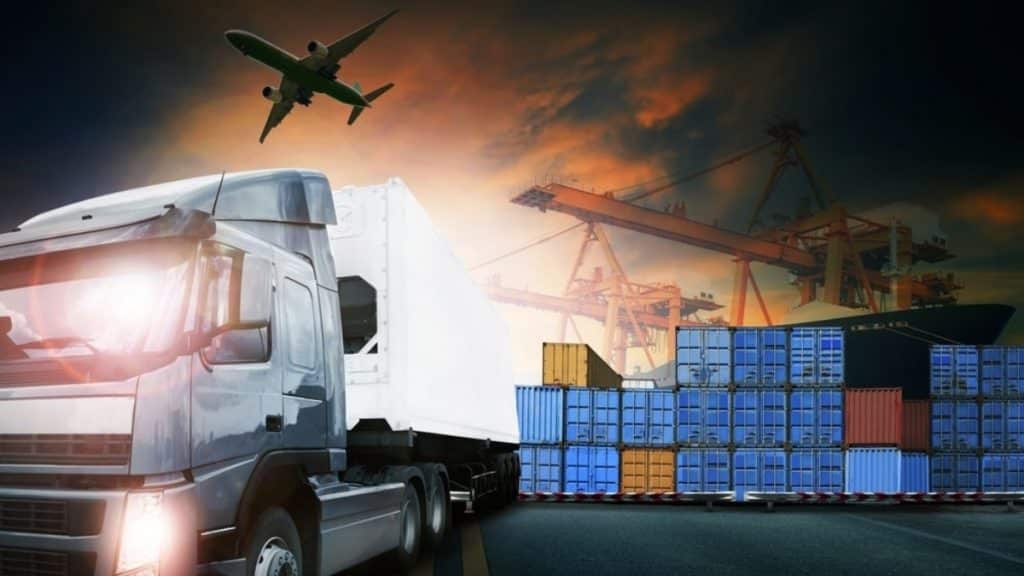Freight billing errors are a lot more common than you would think. They can cause unnecessary expenses, delayed shipments, and upset customers. Whether you operate a large shipping operation or a small business, these errors must be held at bay if you want to keep the overall shipment cost as low as possible and ensure that your shipments run orderly.
Here are the most frequent freight billing errors and tips from experts at VTM on how to avoid them:
1. Incorrect Freight Classifications
Freight classifications form the basis of shipping rates, and improper classification of your freight might result in the wrong billing of cargo. Weight, density, handling, and storability are easy or difficult ways to classify freight.
How to Avoid It:
- Train Employees: Ensure your employees understand how to correctly classify items so you are not overpaying for an item.
- Use Freight Class Tools: Carriers have calculators or classification tools that will assist in selecting the appropriate class.
2. Incorrect Weight or Size
The other most common billing mistake is misstating shipment weight or dimensions. Most carriers reweigh shipments, and surprise adjustments or fees may result when your numbers are off.
How to avoid it:
- Use calibrated scales: Let your weighing equipment be correct and calibrated.
- Allow for Packaging: Remember the weight and size of pallets, crates, or additional packaging.
3. Absence of Extra Charges
Additional accessorial charges apply to special service requirements such as inside delivery, liftgate service, or residential delivery. If not correctly identified, these may lead to surprise fees after processing your shipment.
How to Avoid It:
- Service Options Review: Highlight the services your carrier offers and the price.
- Audit Freight Bills: Have your freight bills reviewed and audited to catch all the charges that aren’t listed before they grow out of hand.
4. Duplicate Invoices
Invoice duplication occurs when the same shipment is billed twice, thus confusing with an overpayment. This may be due to errors, typos from manual entry, system glitches, or miscommunication from the carrier.
How to Avoid It:
- Automate the Billing Systems: Use software to track invoices and flag duplicates.
- Audit Invoices: Continuously processing invoices should be examined for duplicates before they’re paid.
5. Wrong Billing Address or Account Number
A wrong billing address or account number can result in payment delays, and late fees are thus imposed, creating confusion between you and your carrier. Even minor data entry errors may lead to really costly delays.
How not to do it:
- Double-check Information: Make sure the billing address and account numbers match before shipment submission.
- Automated Entry: Minimize the occurrence of human errors in capturing the details of billing directly through automated billing software.
Procurement excellence is one of the key drivers of long-term business success. Focusing on strategic relationships with suppliers, leveraging technology, prioritizing sustainability, managing costs, and mitigating risks will allow an organization to design a procurement process that supports its goals and drives innovation and competitive advantage. The reward for avoiding freight billing errors includes saving money and giving your business a greater reputation in terms of efficiency and dependability. You will prevent just about a world of headaches and keep your shipping running like clockwork if you can be proactive against it with an excellent eye for detail.
